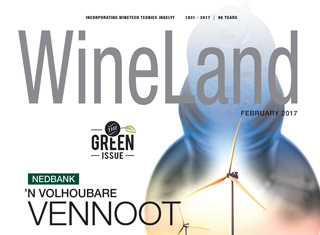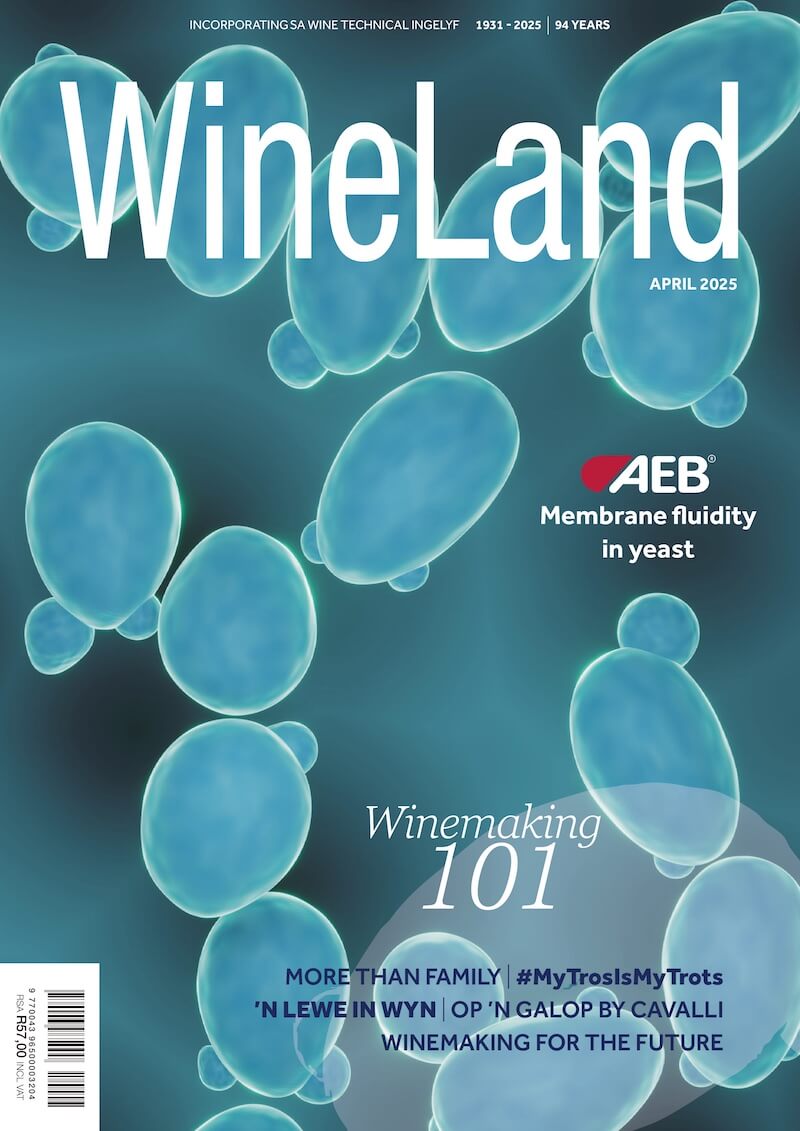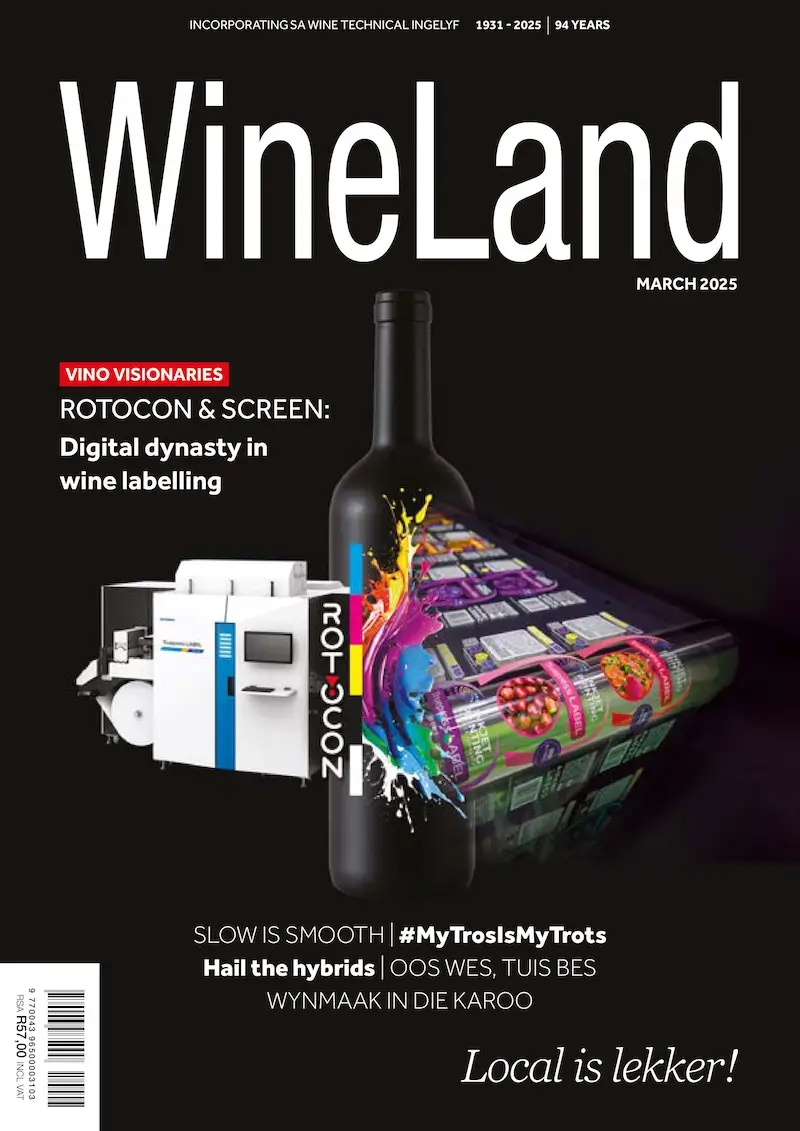 “Without change, minimal new opportunities arise and the game becomes too easy. We need change, you also need a plan!”
“Without change, minimal new opportunities arise and the game becomes too easy. We need change, you also need a plan!”
There couldn’t have been a more apt introduction to last month’s Nedbank VinPro Information Day panel discussion about unlocking value than this statement by Johan van Zyl, former Santam CEO.
The wine game is changing rapidly, but things are not easy. The total area planted to vines has declined constantly for a decade. Wine grape producers’ return on investment has hovered at about 2% and grape prices have remained stagnant for too long. Something had to give.
So where do the opportunities come in? Francois Viljoen’s chicken analogy at the Info Day summed it up perfectly: It’s time to stick your neck out and be that cocky chicken in front of KFC. It’s time to be brave!
One of WineLand’s most important roles is to tell the success stories – stories of hope in challenging times. There are many examples of opportunities that have been seized with masterly proficiency to support Van Zyl’s quote. And the one thing they all have in common is bravery.
Diemersfontein’s empowerment enterprise Thokozani changed its name to Ovation after realising that sentiment and Xhosa names simply don’t equate to sales. And the wines soon started flying! Graham Beck stopped producing still wine (many acclaimed, with impressive track records) to focus on MCC, resulting in a more successful and sustainable business.
As part of a panel discussion about unlocking value Kanonkop owner Johann Krige emphasised the importance of scanning the environment and knowing when to change your game plan, arguing that failure to do so is why both Heyneke Meyer and Allister Coetzee lost the plot. He emphasised that change does not mean reinventing the wheel (Kanonkop, for instance, is unlikely to start producing Paul Sauer spritzers), but adapting and evolving as required.
Change not only brings opportunity. It enables it! But there’s always risk involved and this is where bravery comes in. Bravery like Hamilton Russell Vineyards displayed when it switched to organic production (which is particularly relevant in this Green Issue of WineLand). Or bravery like that of Pactolus Consortium when it acquired Glen Carlou, despite the South African wine industry experiencing a slump. Krige also walks the talk and has doubled Kanonkop’s cellar capacity despite trying times for the industry at large.
The alternative to change is to do nothing and become a victim of the changing environment. “But we’ve always done it this way,” many lament when things go pear-shaped. This is also part of the reason why so many cellars bemoan their “price-taker” dilemma. Their wine prices and essentially fate are completely in the hands of others. But as Van Zyl said, in changing times you need a plan.
And speaking about a plan, I can’t disagree more with the comment from the floor at the Info Day that beer has always been part of the landscape and therefore gaining market share from beer should not be a priority. Only bravery can change the landscape and fortune of an ailing industry.
Ironically, the first wine sample to make it onto my desk this year had a beer cap-style closure, which was pretty brave in its own right. The delicious Saboteur white blend’s neck tag outlines the kind of bravery I think is required in what could be a watershed phase for the industry. It reads:
“The Pioneers. Those who do not bow down and conform; nor blindly accept. Those whose passion bleeds through their art. The Pioneers who forge ahead with insight, wisdom and vision, challenging the norm and questioning convention. Those who are driven by their knowledge and their belief in a better way. Those who stand up to be counted! Fight your cause, provoke, remonstrate, interrogate. Be true to yourselves, your art, your craft. Lead the way.”













